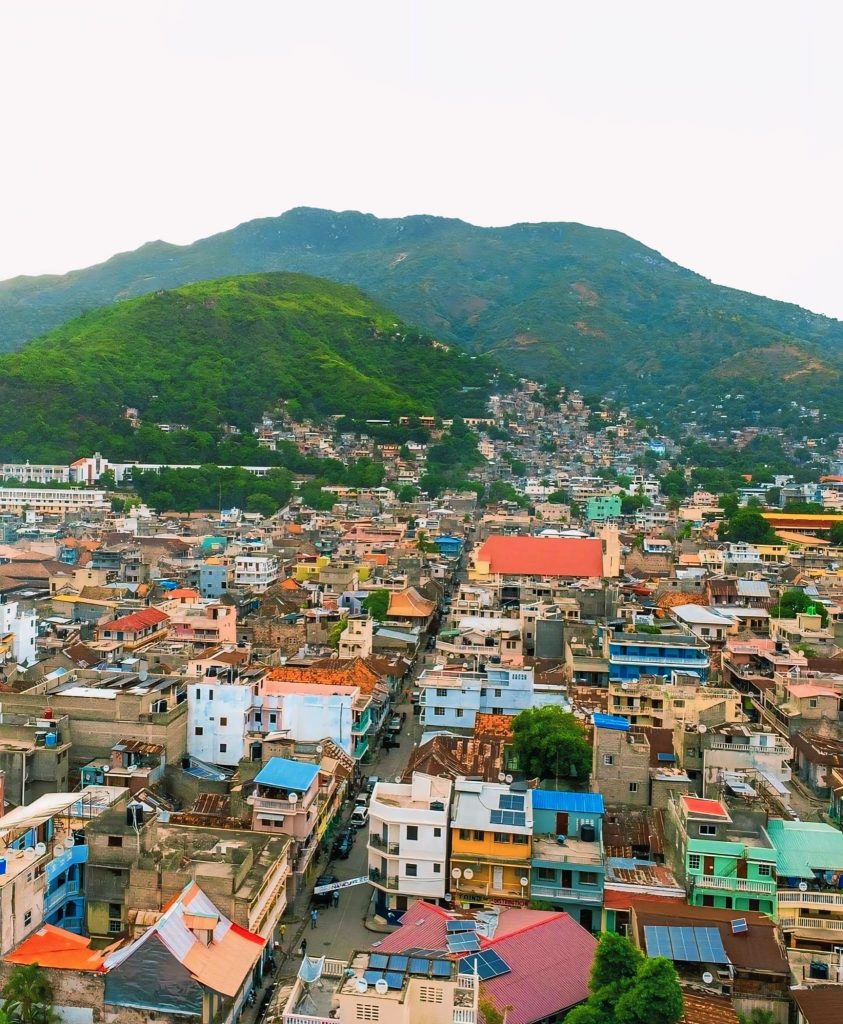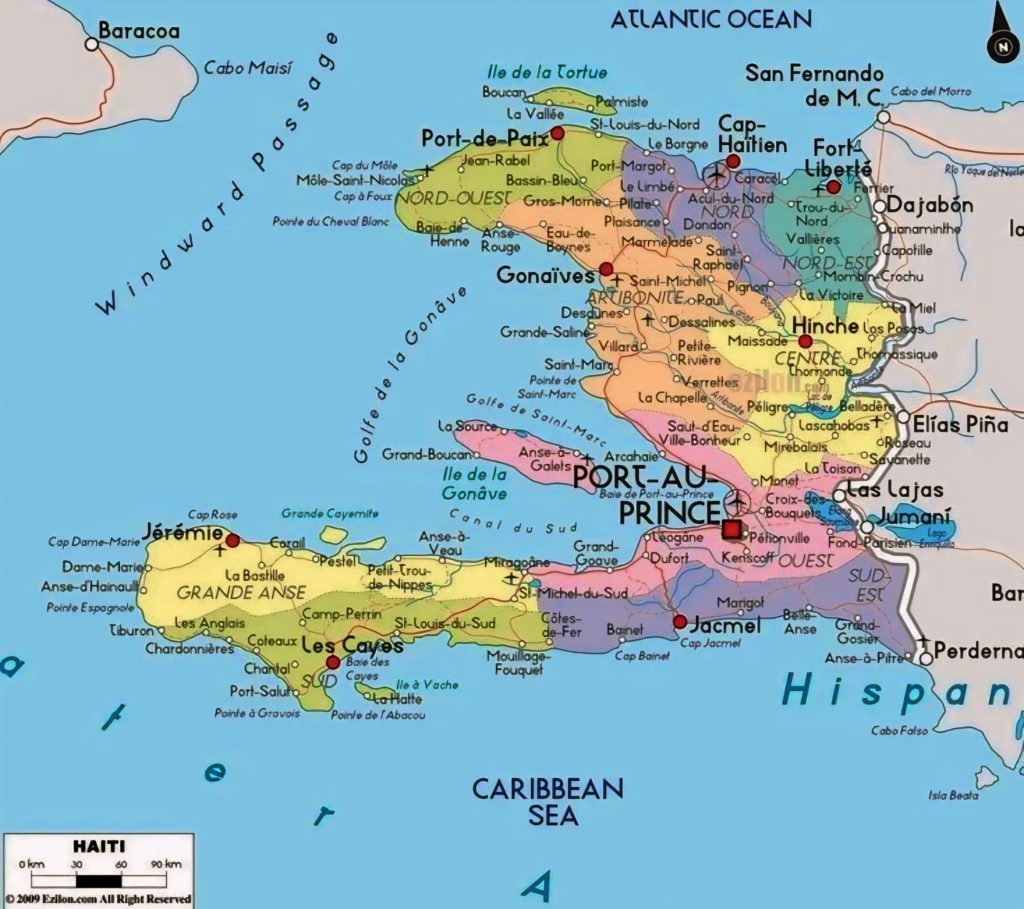Shortages of doctors and drugs bedevil LGBT+ Haitians — and everyone else
Moïse Manoël-Florisse, is an African-Caribbean online journalist keeping an eye…
Medical personnel flee to Miami. They can afford the $1,000 flight
As Haiti endures chaos, shortages, inflation and gang warfare, the LGBTQ community shares the nation’s agony, even as it has challenges and plans of its own.
Click here for a version of this article in Spanish, translated by Merlin Jean of Héritage pour les Droits Humains in Limonade, northern Haiti.

Under pressure from the international community and regional states concerned about the power vacuum in Haiti, a new transitional council set to organize general elections in 2026 has just been set up after weeks of procrastination, with Edgar Leblanc Fils as its leader. This is the second transitional council in three years, after the one set up following the assassination of President Jovenel Moïse in 2021.
The capital, Port-au-Prince, including its ports, is largely under the rule of violent gangs who promote the transshipment of cocaine bound for the USA, while simultaneously causing shortages of legal goods.
Troops from Kenya and Benin have been pledged but have not yet arrived to assist the new Haitian authorities in restoring order. Reports say the Kenyans should arrive late this month.
Meanwhile, the LGBT+ communities in Haiti are preparing to celebrate the International Day Against Homophobia and Transphobia (IDAHOBIT) on May 17 despite the chaos and shortages they endure daily.
Drug shortages and emigration of health-care personnel
Dominique Rebel Saint-Vil, director of the organization of trans people in Haiti, says people wishing to undergo gender transitions have difficulty in obtaining hormone treatments. This type of medication is unobtainable in Haiti, so it is usually sourced in the Dominican Republic, even though the borders between the two states are now almost closed. The Dominican Republic has not been issuing visas to Haitian nationals for several months now.
Alarming shortages also confront people suffering from diabetes, who have difficulty obtaining insulin supplies, says Johnny Clergé, director of the Arc-en-Ciel organization in Haiti.
Haiti’s disorganized health-care system has trouble managing sexually transmitted infections such as syphilis, says Merlin Jean, director of Héritage pour les Droits Humains in northern Haiti. In some places, screening is possible, but treatments are nowhere to be found, while in others, medicines are available, but health personnel are not. However, there are no shortages of antiretrovirals for patients living with HIV, thanks to good management through the current crisis.
In the fields of gynecology and dermatology, many of the country’s most qualified medical personnel have fled, Johnny Clergé adds.
Unlike the average Haitian, they can afford the cost of plane tickets ($1,000) to Miami, a 2-hour flight from the country’s only open international airport in Cap-Haïtien.
The average monthly salary in Haiti is $134.

Petrol and fuel shortages and high food prices
Merlin Jean points out that gasoline is becoming increasingly scarce and expensive, and that its distribution throughout the country is organized through the black market by gangs with the complicity of corrupt officials at the capital’s ports.
“At present, a gallon of petrol costs nearly 1,500 gourdes, or $10, and is sold in cans”, he laments.
In a country where the supply of electricity is usually uncertain, this is not without consequences for the many owners of diesel-powered generators.
Last but not least, this situation has had repercussions on food prices, since the prices of staple foods such as rice, oil and corn have risen sharply, while 5.2 million Haitians are experiencing chronic food insecurity.
“A bag of rice that sold for 75 gourdes [US $0.56] a few weeks ago now sells for 100 gourdes [US $0.76]”, explains Johnny Clergé.
World Day Against Homophobia and Transphobia
Merlin Jean and Johnny Clergé are determined to mark the occasion on May 17, “even if there are major security and financial uncertainties”, they say.
While the gangs have no intention of laying down their arms, Johnny is thinking of organizing IDAHOT celebration in a large, secure hotel in Port-au-Prince, although he points out that “inflation is also affecting hotel services”.




